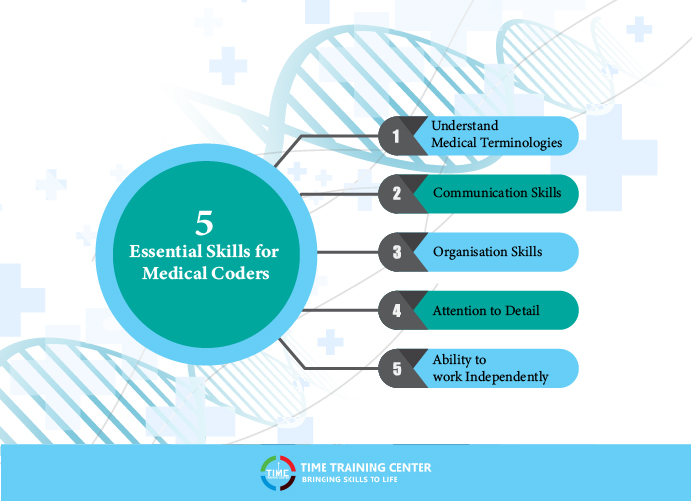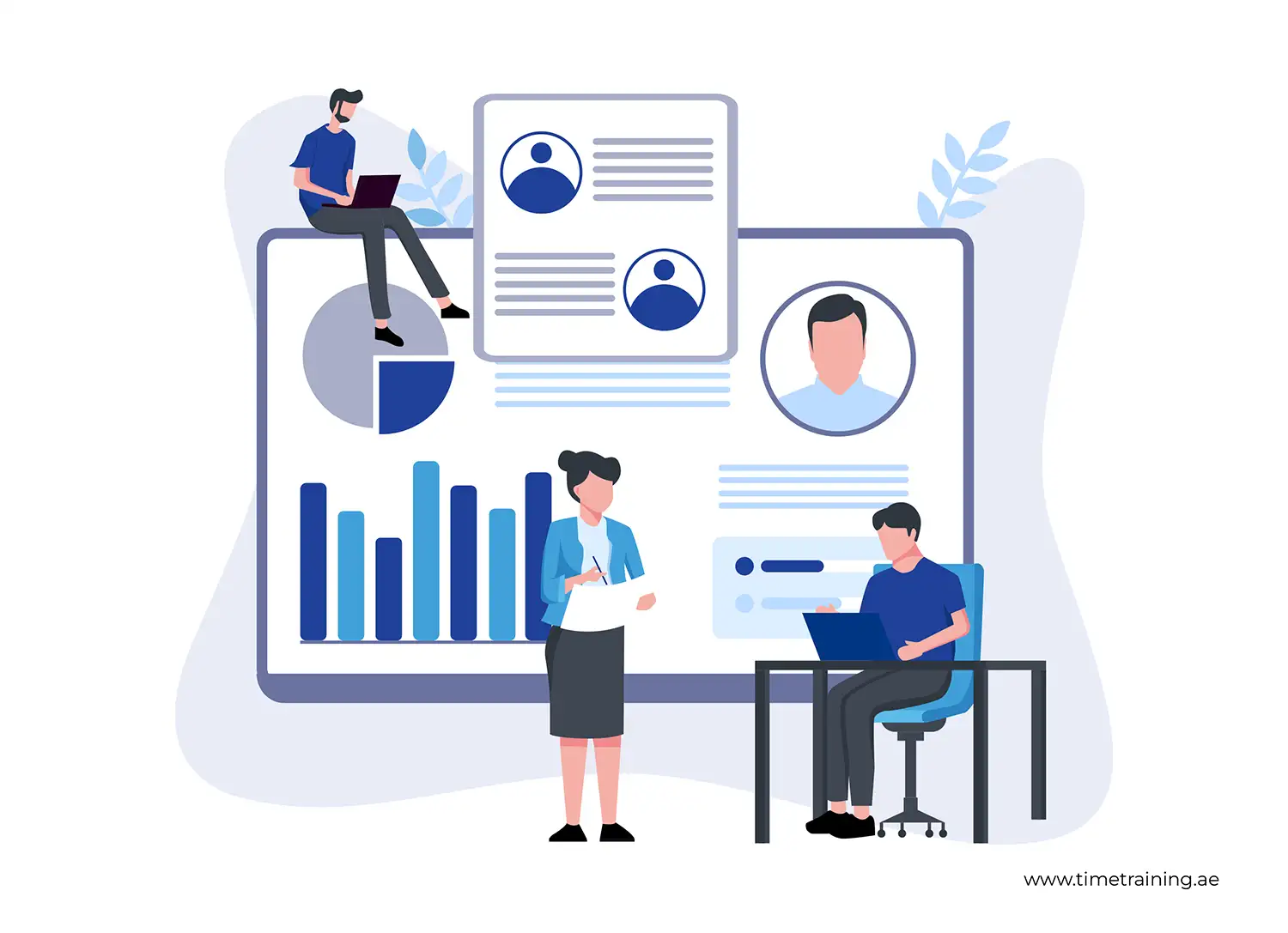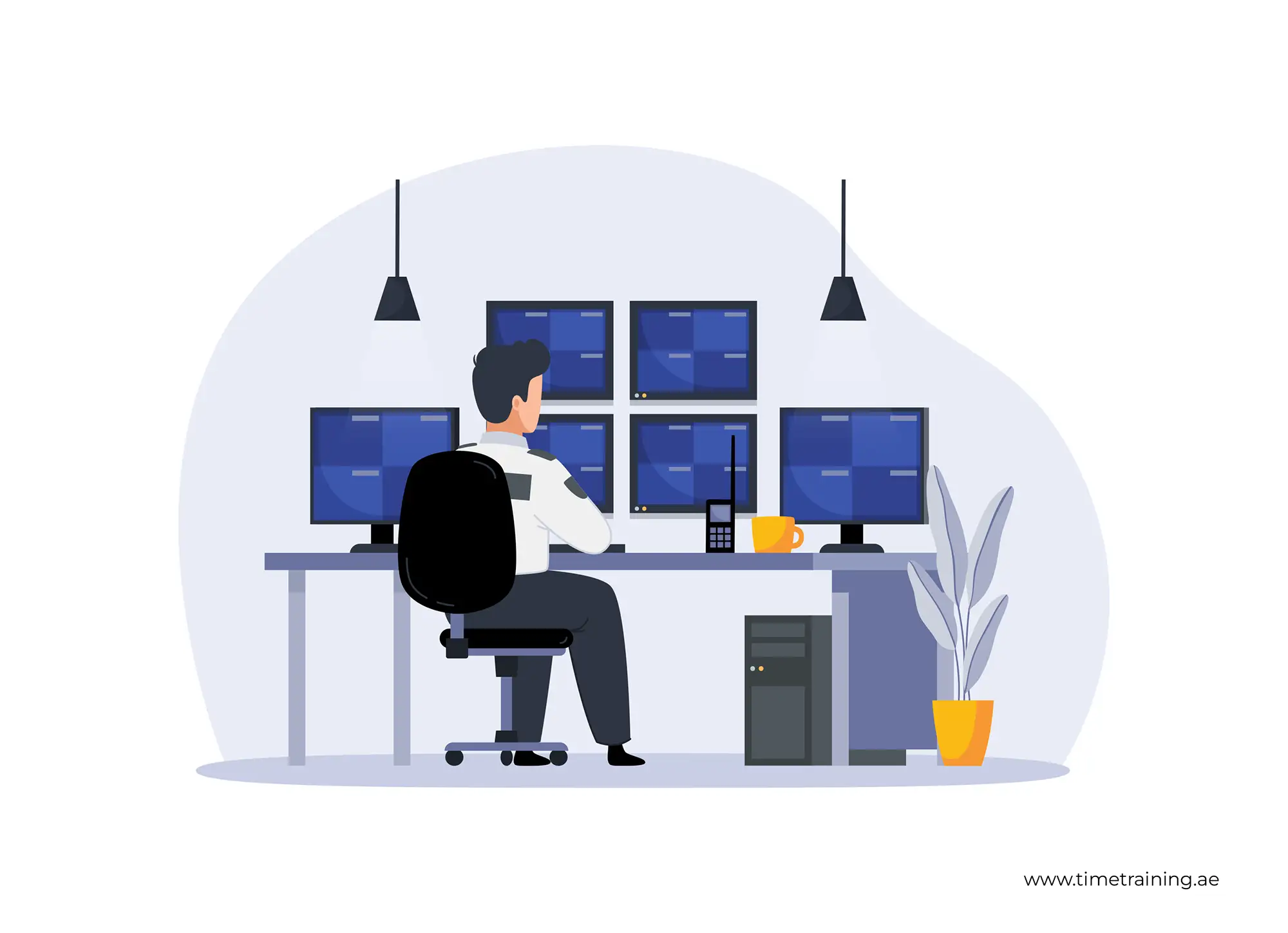Technological innovation in healthcare has had a significant effect on the quality of services. Nowadays, apart from doctors and nurses, many other professions also impact patients' lives. No doubt, there are hundreds of patients visiting medical institutions. All treatments, procedures, and billings require a series of records. As a result, the field of medical coding is expanding faster than ever.
The medical coder is responsible for keeping medical records. These encoders insert patient data and info into electronic health records (EHRs). It is beneficial for monitoring health, handling healthcare center databases, and reimbursing health care costs from insurance companies and service workers. If medical coding sounds like a career for you, get started today because there are many benefits of a Medical Coding career.
If you are thinking of entering this area of expertise, we can help you guide your career path. Explore five essential medical coding skills by seeing how and where certified skilled coders can provide healthcare services.
Why are coders important to healthcare?
When patients go to a medical institution, records are kept of the procedures, services, and treatments they receive. The coders transform all these documents into a unified set of codes, which forms the basis of the classification of patient information.
This data is vital for tracing patient results, managing clinical databases, and maintaining people's health statistics and accurate accounts. These tasks are for maintaining the normal functioning of healthcare professionals. In addition to medical expenses, this data also offers the opportunity for researchers and suppliers to regain their systems to operate more efficiently.
What education background do coders need?
The healthcare system selects candidates through certification and enrollment. According to the American Association of Professional Coding (AAPC), anyone interested in chasing this field should have a deep knowledge of anatomy, medical procedures, physiology, and payment rules and strategies. Organizations are encouraged to obtain a professional certificate through a Medical Coding Training program to facilitate their career.
The American Health Information Management Association (AHIMA) suggests that you think about which educational goals and career strategies suit your needs. That may involve faculties and coding courses that offer industry accreditations such as:
-
Certified Coding Associate (CCA)
-
Registered Health Information Technician (RHIT)
-
Certified Coding Specialist (CCS)
Where do coders work?
Usually, coders primarily work in hospitals or medical offices. Coding professions have forked an array of healthcare-related settings, as well as working slightly for organizations such as:
-
Professional associations
-
Psychiatric hospitals
-
Pharmaceutical manufacturers
-
Acute care hospitals
-
Physician practices
-
Skilled nursing facilities
-
Government entities
-
Insurance companies
-
Rehab facilities
What skills should coders have?
Medical coders depend on a vast knowledge of medical terminology and coding, hospital strategies, government policies, and expertise in the field. AAPC equates the abilities of coders with those of "scholars, educators, investigators, problem solvers."
Let us look at 5 of these crucial skills:
-
Understand Medical Terminologies
Your job does not need acupuncture or patient care, but you still need to have a complete understanding of medical conditions. As with any healthcare professional, you need a comprehensive knowledge of autonomy, pharmacology, physiology, and the process of illness. Assign function and diagnostic codes to medical terms by gaining complete expertise in medical terms. There are many illnesses around the world. As a medical coder, you need to be knowledgeable enough to assign each person a specific code. The healthcare system updates these codes frequently, so you need to keep up with the latest healthcare trends. It helps you communicate efficiently with patients, healthcare professionals, and insurance companies.
-
Communication Skills
Many people believe that medical coding and billing professionals put data into computers. Good typing skills are an essential element for medical coders. In the end, the faster and more precise you are, the more valuable you will be as a worker.
However, medical coding is more than just typing. You also need to write well, communicate information methodically, get directions, be a team member and ask questions if needed. Strong human resources skills are also crucial for intermingling with many people, from doctors and their staff to patients and their families.
-
Organization Skills
Medical coders need advanced organizational abilities to manage all data from different sources systematically. You need to give medical records immediately so as not to confuse the medical records. The coder may need to collect information and provide it to others and make it easier to organize. Patients and insurance companies may request other services. Alternatively, the healthcare coder may need to follow the patient's expenditures and outstanding balance. If so, keeping them arranged will save them from trouble, and one person will not lose his mind.
-
Attention to Detail
Processing is one of the essential personal skills. Assigning inappropriate alphanumeric codes to different medical diagnostic procedures can be a significant problem for healthcare professionals and patients.
In addition to issuing invoices and recording payments, medical coders must also ensure that the details of each payment match the records entered into the system. If you find inconsistent information, you should consult your insurance company. In most cases, this difference occurs when human error occurs. The medical coder forgot to enter the correct data or write down the wrong details. Ignoring this minor but essential information can seriously damage your bottom line.
-
Ability to work independently
Due to the nature of work, medical coders do not always have to be under close observation of their managers. So even if your environment is distracting, you need to focus and complete your tasks as planned. You need to stay productive and perform well during working hours, even without continuous external feedback. By outsourcing this feature to the right colleagues, you can create the right team of medical coders to work with minimum supervision.
Looking ahead
Medical coders play a primary role in the healthcare industry because they manage the revenue cycle. In Particular, his job is to translate patient medical reports used by insurance companies to compensate health professionals. It is also essential to hire qualified medical coders to complete the job effectively.
Coding is professional and needs exceptional skills and instruction. That is why it makes people in this field so valuable to the ever-changing medical world. As medical institutions increasingly rely on data, the role of obtaining, viewing, and retaining accurate patient records has increased and developed. More importantly, these roles form an essential link in billing and income cycle management to encourage the long-term sustainability of the healthcare system.
Conclusion
If you want to espouse a patient using the latest technology, medical coding is the best choice. It is essential to note that this job is not unique to everyone. It takes a lot of effort and training to become part of it. These skills may seem a little too high, but keep in mind that you can progress in this career even if you have a good grasp of some of these skills and continue to learn other skills.
 +971 2 6713828
+971 2 6713828




